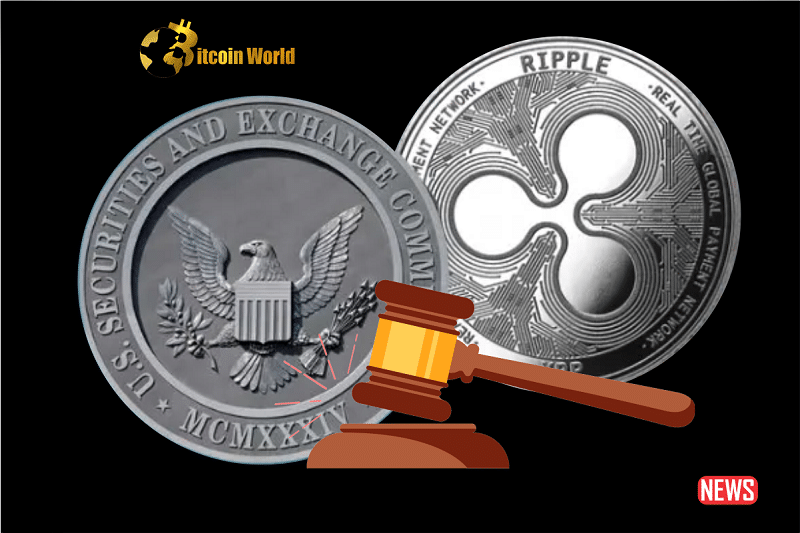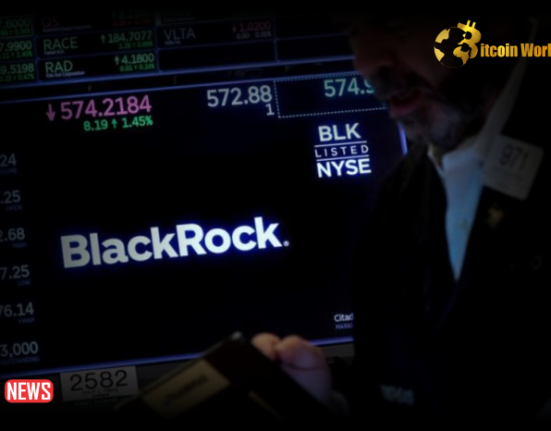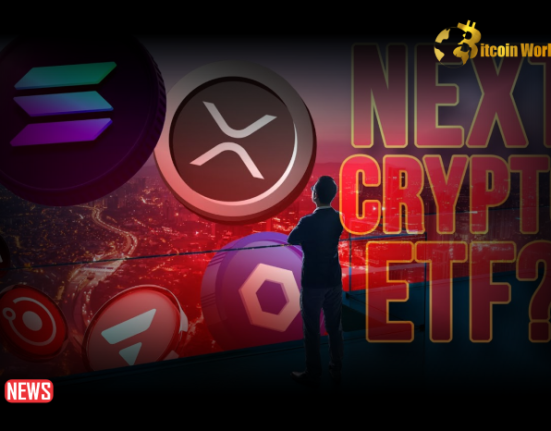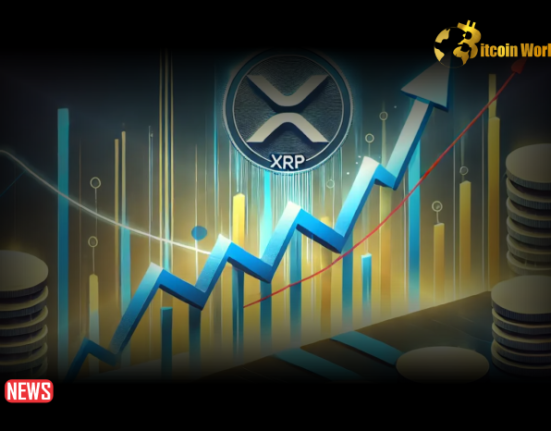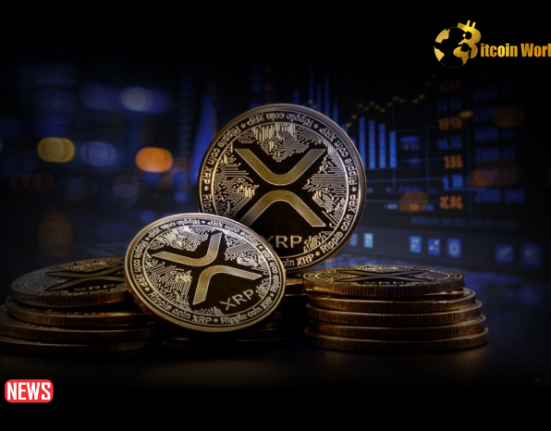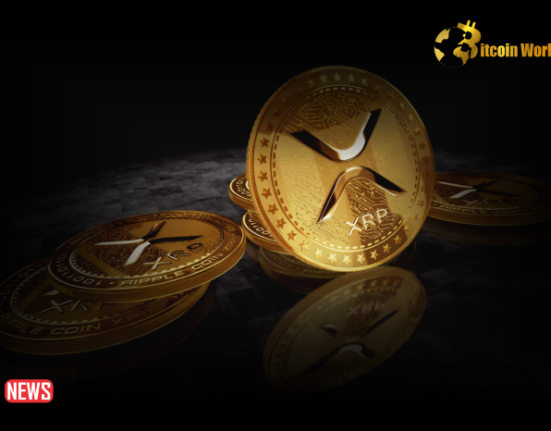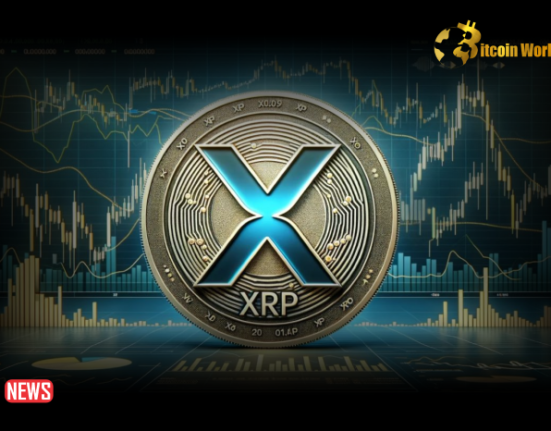In a whirlwind of legal battles and regulatory twists, XRP’s price has recently tumbled back to pre-ruling levels, raising questions about the long-term impact of the ongoing struggle between Ripple and the U.S. Securities and Exchange Commission (SEC). The saga has led to reflection on what might have been, with industry experts and XRP holders wondering if the coin could have reached greater heights had the SEC lawsuit not disrupted its trajectory.
John Deaton, the XRP holders’ attorney and founder of CryptoLaw, has been vocal about the case’s consequences for XRP’s growth. He suggests that Ripple’s legal woes, initiated by the SEC in 2020 against Ripple and its top executives, significantly hindered XRP’s progress and the development of the XRP Ledger.
The legal dispute stems from the SEC’s December 2020 complaint, accusing Ripple, CEO Brad Garlinghouse, and co-founder Chris Larsen of selling around $1.3 billion worth of XRP without registering it as a security. Despite a partial victory for Ripple in July, when the U.S. District Court of the Southern District of New York ruled that XRP sales did not constitute investment contracts, the lawsuit had already taken its toll on the coin’s fortunes.
Deaton’s recent analysis points out that the legal battle robbed XRP of three crucial years of adoption, a significant setback in the rapidly evolving cryptocurrency landscape. He highlights the role of Coinbase, a former champion of XRP, which delisted the token due to the lawsuit. Deaton shares that he increased his XRP holdings after Coinbase added the coin to its platform, recognizing its potential utility.
Interestingly, Coinbase had taken due diligence steps, even reaching out to the SEC for clarification on XRP’s legal status before listing it. This move was consistent with the crypto exchange’s rigorous framework for assessing digital assets. However, despite their efforts, the SEC’s lawsuit against Ripple proceeded.
The recent expansion of the USDC stablecoin networks by Coinbase and Circle has added a fresh layer of speculation. Deaton contemplates how things might have played out differently if the lawsuit hadn’t occurred, suggesting that Coinbase could have been an equity stakeholder in Ripple, further accelerating XRP’s adoption.
Although Coinbase reinstated XRP for U.S. users post the landmark ruling, Ripple partner MoneyGram took a different path. Instead of renewing its alliance with Ripple, the remittance giant forged a new partnership with Stellar Development Foundation in 2021 to utilize the USD Coin (USDC) stablecoin.
As the legal battle rages on and XRP navigates through the challenges posed by regulatory uncertainties, the crypto community continues to ponder the ‘what ifs’ of the past. While XRP’s price struggles in the wake of the legal drama, its supporters hold onto the hope that the coin’s potential will ultimately shine through, despite its setbacks.

